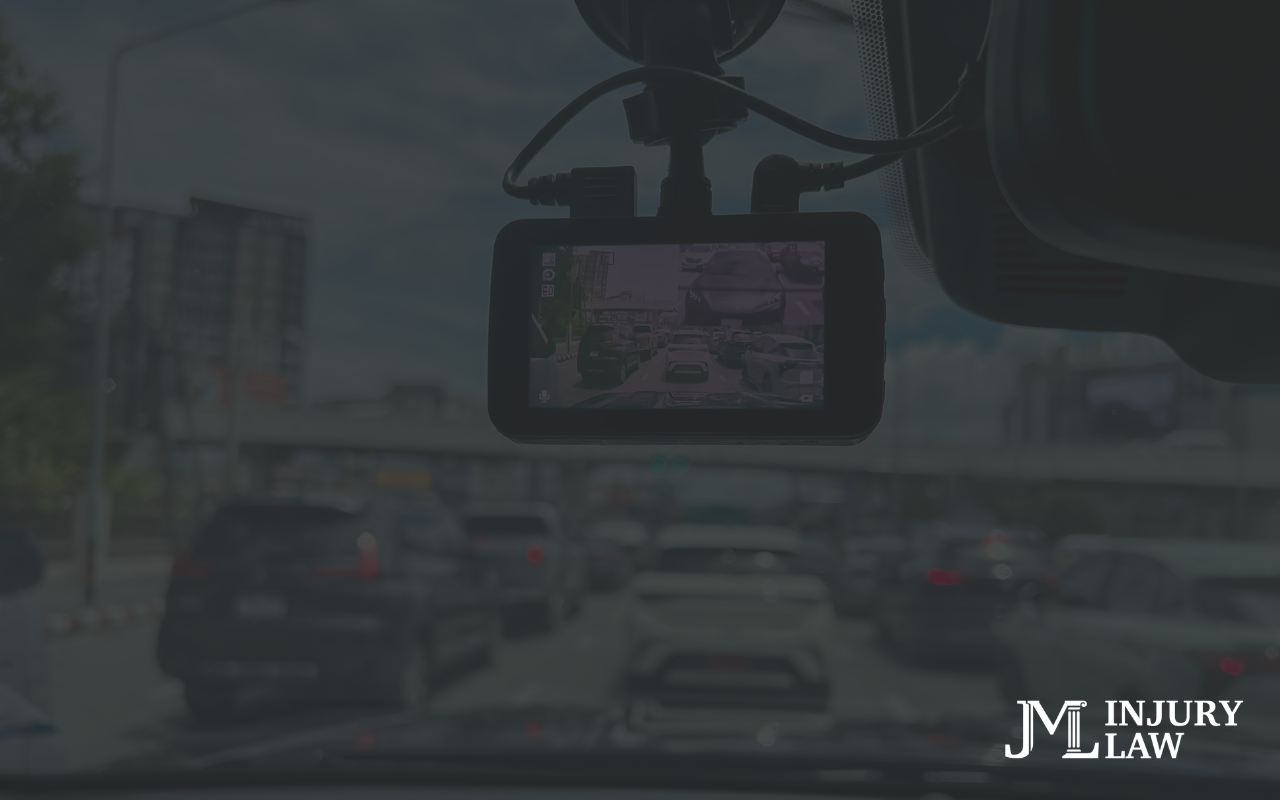In recent years, dashboard cameras—or dashcams—have emerged as powerful tools for both drivers and personal injury attorneys. Once considered a luxury, these compact devices are now recognized as vital sources of real-time evidence that can make or break a personal injury claim. At JML Injury Law, a Texas-based personal injury firm, we’ve seen firsthand how dashcam footage can dramatically impact liability, settlement negotiations, and courtroom outcomes.
Whether you’re involved in a car accident, hit-and-run, or commercial vehicle crash, dashcam footage can provide the unbiased, concrete evidence needed to strengthen your case and protect your rights.
Why Dashcams Are Becoming Essential for Texas Drivers
Documenting the Truth in Real Time
One of the most critical roles dashcams play is providing an objective record of events. In the aftermath of an accident, details can become blurry, stories may conflict, and memories may fade. A dashcam captures everything as it unfolds—providing an indisputable timeline that lawyers, judges, and insurance companies can trust.
Rise in Usage Across Texas
Thanks to lower costs and better technology, dashcam usage has grown rapidly. In Texas, where traffic congestion and highway speeds increase the risk of serious accidents, more drivers are choosing to install dashcams to protect themselves both legally and financially.
How Dashcam Footage Can Impact Personal Injury Cases
Proving Fault and Liability
In personal injury law, establishing fault is often the most contested issue. Dashcam footage can help prove:
- A driver ran a red light or ignored a stop sign
- Sudden or reckless lane changes by the at-fault party
- The sequence of events in a multi-vehicle crash
- Whether a driver was speeding, tailgating, or braking appropriately
This kind of clear, timestamped visual evidence can be a game-changer, especially when liability is disputed.
Defending Against False Claims
Dashcams are also powerful tools in defending against fraudulent or exaggerated claims. Common scenarios where dashcams have helped clients include:
- Staged accidents involving intentional brake-checks
- Claims of injuries that don’t align with video evidence
- Disputes over vehicle position, speed, or road behavior
Dashcam footage has helped countless clients avoid unwarranted liability and increased insurance premiums by exposing dishonest claims.
Supporting Insurance Negotiations
Insurance companies often look for ways to minimize payouts. However, dashcam footage can support your case by:
- Confirming your version of events
- Showing the seriousness of the collision
- Highlighting any dangerous behavior by the at-fault driver
With clear evidence on your side, your personal injury attorney at JML Injury Law can negotiate from a position of strength, often leading to higher settlements and faster resolutions.
Dashcam Footage in Texas Court: Is It Admissible?
Yes—dashcam footage is generally admissible in Texas courts, provided it was obtained legally and is relevant to the case.
Key Legal Considerations:
- Placement: Dashcams must not obstruct your view of the road. Texas law prohibits mounting devices on the windshield in a way that impairs vision.
- Audio Recording: Texas is a one-party consent state. You may record conversations you’re a part of, but recording others without their knowledge (especially passengers) could pose legal issues.
- Authenticity: The footage must be time-stamped, unedited, and stored properly to maintain its credibility in court.
Our attorneys at JML Injury Law guide clients through these requirements to ensure their dashcam footage supports their case effectively.
Other Ways Dashcams Add Value to Personal Injury Cases
Documenting Road Conditions
In some cases, accidents are caused by poor road conditions—not just driver error. Dashcams can help prove:
- Icy or wet roads
- Potholes or loose gravel
- Obstructed traffic signs or malfunctioning signals
This can shift liability from another driver to a municipal entity, allowing victims to pursue compensation from government agencies responsible for road maintenance.
Supporting Witness Statements
Human memory is fallible, especially after a traumatic accident. Dashcam footage can:
- Validate or challenge eyewitness testimony
- Fill in missing details
- Strengthen or disprove alibi claims
This objective evidence is often what tips a case in your favor during negotiations or trial.
Tips for Using Dashcams Effectively in Texas
To ensure your dashcam footage is usable in a personal injury claim, follow these best practices:
- Choose a high-resolution camera with night vision and wide-angle lenses
- Mount it properly to avoid obstructing your view or violating Texas laws
- Regularly check recordings to ensure the camera is functioning
- Back up files immediately after an incident
- Use a device with GPS and timestamp features to verify location and time
Most importantly, contact JML Injury Law immediately after any serious accident. Our team will help preserve footage, file injury claims, and begin building a strong case.
Frequently Asked Questions About Dashcams and Injury Cases
Do I have to tell the other driver I have a dashcam?
No. You’re not legally required to inform another party that your dashcam recorded the incident. However, it’s best to let your attorney handle when and how the footage is shared.
Can dashcam footage hurt my case?
It can, especially if it captures you violating traffic laws or contributing to the crash. That’s why it’s critical to speak with an attorney before submitting dashcam evidence to an insurer or court.
Will insurance companies accept dashcam footage?
Yes, most insurers review dashcam footage during the claims process—particularly when liability is disputed. It often helps speed up approvals and increase payout amounts.
A Small Device with a Big Legal Impact
Dashcams are no longer optional—they’re an essential legal tool for any Texas driver. Whether you’re involved in a minor fender-bender or a life-altering crash, dashcam footage can:
- Prove fault
- Defend against false claims
- Support your insurance payout
- Strengthen your legal case
At JML Injury Law, we encourage all of our clients to install dashcams and use them wisely. If you’ve been injured in an accident and have dashcam footage—or want guidance on how to use it in your case—contact us today for a free consultation. Let us use every tool available to fight for the compensation you deserve.



